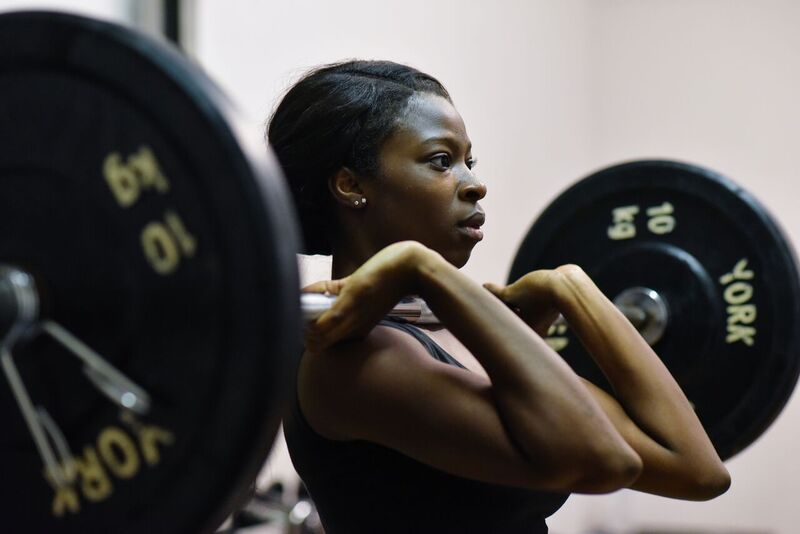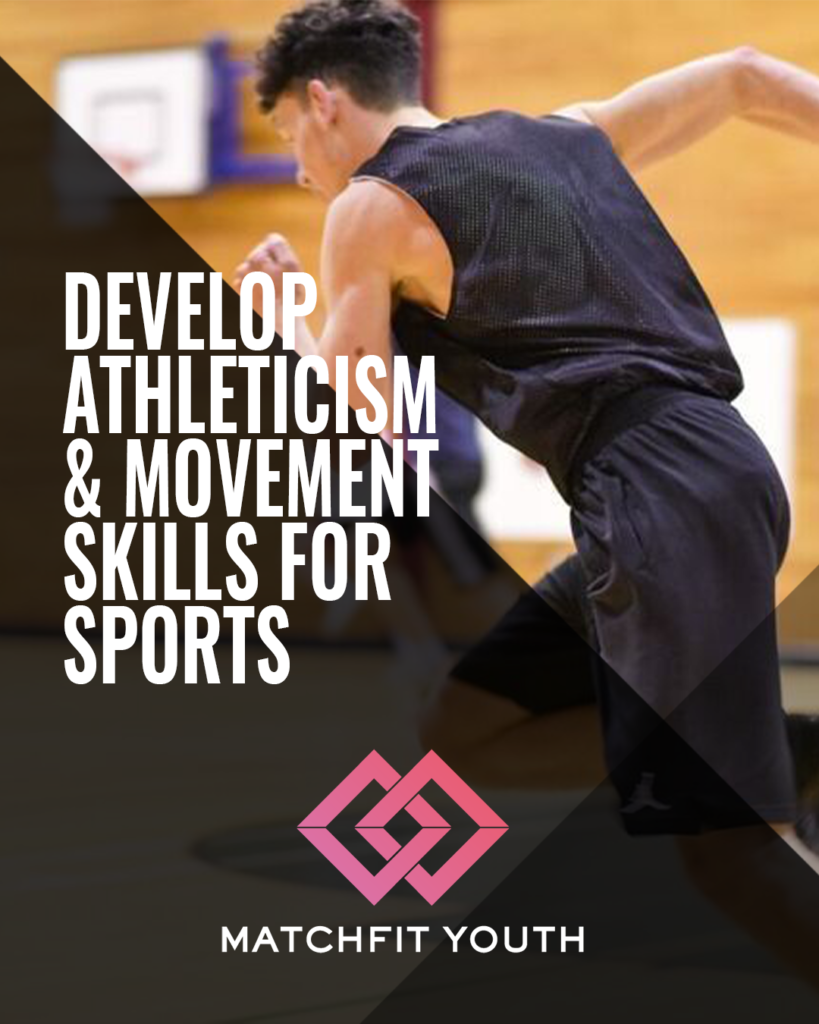More than Strength and conditioning
Movement and athletic development classes for children & teenagers
Person-centred coaching for better Physical Literacy
To be “match fit” can mean different things to each individual. Whether being match fit means being physically prepared to compete in a particular sport or being ready for a presentation at work, there are principles you can adopt to guide you toward optimal performance.
Our vision is to promote lifelong physical literacy. This concept represents the holistic foundations of physical activity, including confidence, physical competence, knowledge, and engagement. It begins with creating enjoyable and purposeful experiences of movement and physical activity in childhood. As children transition into adolescence—a time when physical activity levels typically decrease—physically literate individuals are more likely to remain active, whether through sports or other leisure activities, and continue these habits into adulthood.
Adult life presents significant challenges to maintaining physical activity. However, physically literate adults, equipped with healthy habits, behaviors, and movement skills, can make appropriate adjustments based on their schedules. Physical literacy empowers individuals to take charge of their physical activity, providing them with the tools to select the right strategies to sustain activity and maintain both physical and mental well-being.

Athletic Development and Age-appropriate Strength and Conditioning Training
For young people who have found a sport that they love, athletic development training or, what is commonly referred to as strength and conditioning, provides an important means of developing a broader range movement skills and fitness qualities that contribute to enhanced physical performance. Importantly, such training can help to reduce risk factors for injuries through increased levels of physical robustness.
In the growing bodies of children and teenagers, training to improve movement quality and develop a broad range of movement skills (e.g., sprinting, jumping, changing direction) becomes increasingly important. In addition, enhancing strength, posture and coordination helps to refine skills and leads to greater levels of adaptability, which is a key characteristic of sports performance. A large body of research in the area of youth athletic development highlights the value of training to enhance physical fitness to support the progress of young athletes in their sports.

